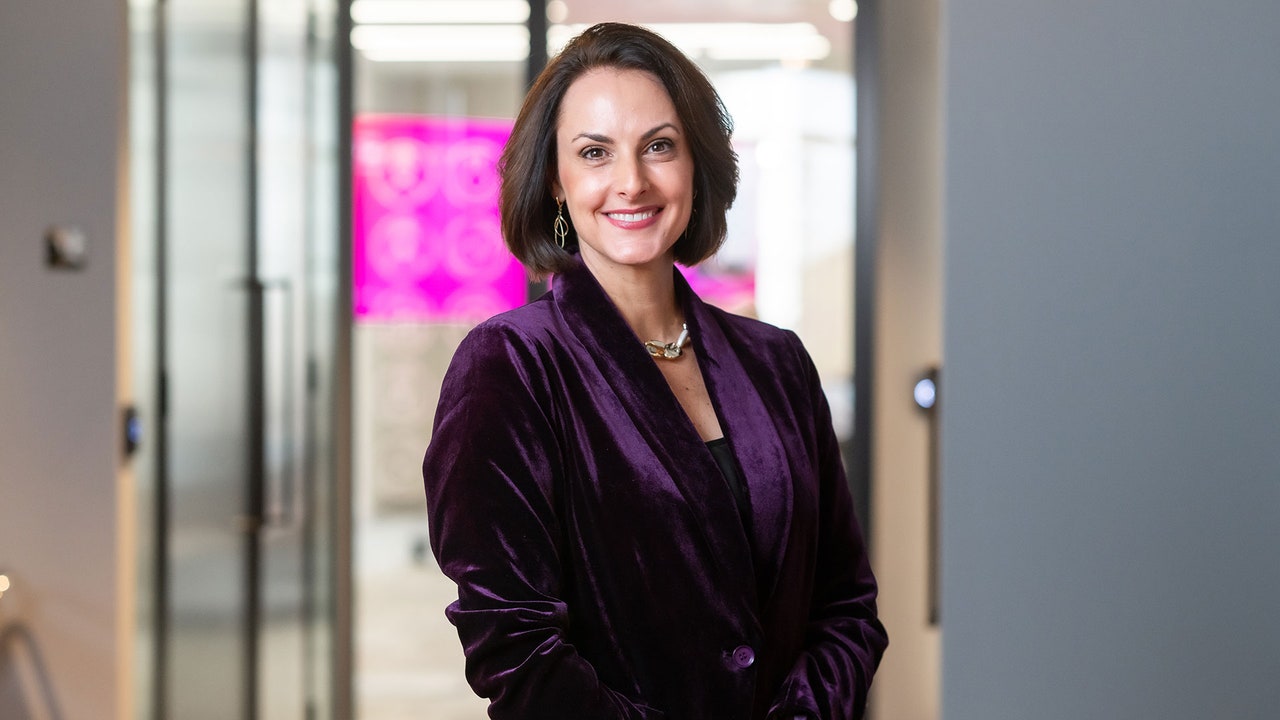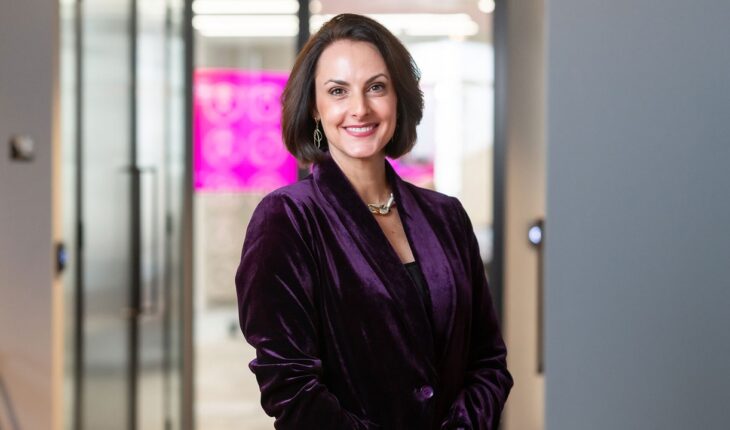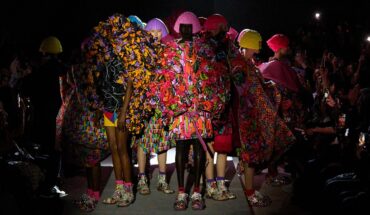
Women with painful health conditions, such as endometriosis, are having to “suck it up”, according to a new report by the Women and Equalities Committee. Historically, women’s pain has been minimised, dismissed, and, let’s face it, totally ignored in medical spaces, from a lack of specialised research into female health conditions to gender stereotypes in GP appointments. It’s something that Dr Angela Naef, Chief Research and Development Officer at Reckitt, is determined to change.
Dr Naef, or Angela, is a scientist by trade and manages a team of 6000 people around the world, from researchers in laboratories to medical doctors, who are all working to innovate and deliver superior health and hygiene products for the masses. One such product is Nurofen.
In 2022, Nurofen commissioned groundbreaking research into the gender pain gap, defined as “a phenomenon in which pain in women is more poorly understood and more mistreated compared to pain in men.”
Earlier this year, Nurofen released its third Gender Pain Gap Index Report as part of the See My Pain campaign. It found that a higher number of UK women felt like their pain had been dismissed or ignored in 2024 (62%) than in 2023 (49%) and 2022 (56%). In her forward to the report, Angela writes, “We are still a long way from achieving a level playing field when it comes to women’s experiences of pain treatment.”
“We cannot continue this way,” she continues. “Everyone should have the same experience with pain and should feel confident that they will get a diagnosis and resolution for it, regardless of gender.”
Here, Angela Naef speaks to GLAMOUR about being a woman in STEM, coming up against the “male as default” approach to healthcare, and revolutionising how we think about women’s pain, closing the gender pain gap once and for all…
“My first role model was my mom,” Angela tells me on a chilly December afternoon in central London. As a young girl growing up in California, she remembers how her mother spent many evenings studying for nursing school. Angela recalls pinching one of her mother’s books. “I spent hours and hours paging through it and tracing things.” When her mother came to retrieve the book, she realised that her ten-year-old daughter had been poring over her microbiology textbook – a sure sign of things to come.
Fast-forward a decade, Angela is studying chemistry at the University of California. “There’s no doubt about it: there is a massive gender imbalance in many STEM fields,” she explains, adding that chemistry, physics, and mathematics are often sorely lacking in female representation. When she achieved a PhD in physical chemistry, she was part of a small graduating class. “There were other women with me, but we were the minority,” she explains. This wasn’t the last time she experienced a gender imbalance in her career.
Throughout Angela’s journey from PhD grad to one of the most senior leaders at Reckitt, she has advocated for honest conversations about women’s health – even when she’s been the only woman in the room.
“I’d been around many tables where I was the only woman where I had to say, but you all know that women have menstrual cycles, right? Or you all know that women have breasts and breasts require different PPE?”





